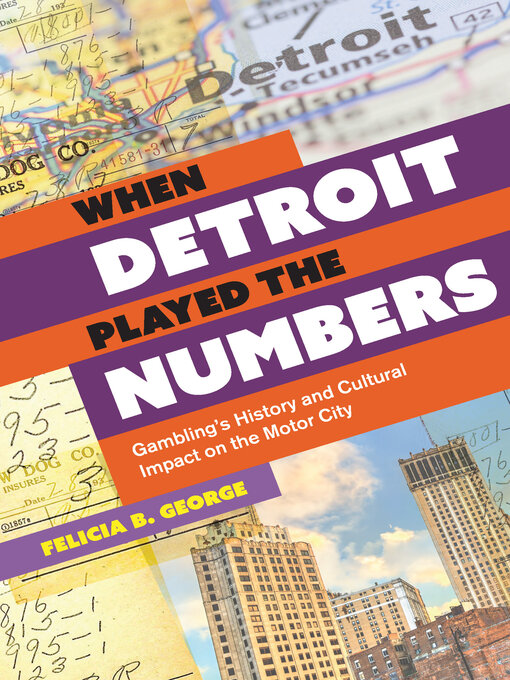The true story of how Detroit entrepreneurs created a thriving—if illegal—lottery system to support themselves and uplift their communities.
A testament to the tenacious spirit embodied in Detroit culture and history, this account reveals how numbers gambling, initially an illegal enterprise, became a community resource and institution of solidarity for Black communities through times of racial disenfranchisement and labor instability. Author Felicia B. George sheds light on the lives of Detroit's numbers operators—many self-made entrepreneurs who overcame poverty and navigated the pitfalls of racism and capitalism by both legal and illegal means. Illegal lottery operators and their families and employees were often exposed to precarity and other adverse conditions, and they profited from their neighbors' hope to make it through another day. Despite scandal and exploitation, these operators and their families also became important members of the community, providing steady employment and financial support for local businesses. This book provides a glimpse into the rich culture and history of Detroit's Black Bottom and Paradise Valley neighborhoods, linking the growing gambling scene there with key characters and moments in local history, including Joe Louis's rise to fame and the recall of a mayor backed by the Ku Klux Klan. In succinct and engrossing chapters, George explores issues of community, race, politics, and the scandals that sprang up along the way, discovering how "playing the numbers" grew from a state-proclaimed crime to an encouraged legal activity.

